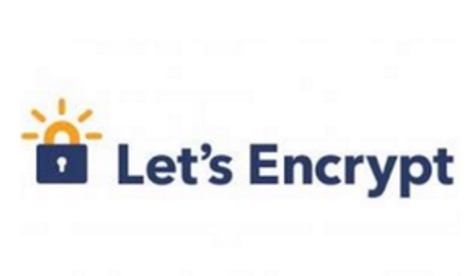Let's Encrypt reaches one million certificate encryption milestone

Let's Encrypt has reached a personal milestone in its quest to better secure the Web with one million free TLS certificates now issued to webmasters who wish to better secure their domains.

On Tuesday morning, the Let's Encrypt free Certificate Authority (CA), operated by the Internet Security Research Group (ISRG), said in a blog post that only three months and five days since launching a beta version of the service, one million webmasters have opted for the free Transport Layer Security (TLS) certificates.
Supported by companies including EFF, Akamai and Mozilla, the Let's Encrypt project offers free, trusted Web certificates to increase the rates of encryption in domain communication and traffic.
Available automatically, the free certificates implement the TLS protocol and are configured with cross-signatures through an IdenTrust partnership to keep the certificates trustworthy.
Back in September, the CA issued its first certificate as part of the beta program. At the time, browsers had not added Let's Encrypt as a trusted authority, but the CA is now accepted by all major browsers, including Mozilla and Chrome.
"We're very excited to be building a more secure and fully encrypted future for the World Wide Web," the non-profit says.
Security
The million certificates already issued can be used to cover multiple domain names, and so the CA estimates the certificates are valid for approximately 2.5 million domains which did not implement HTTPS before.
San Francisco-based Let's Encrypt commented:
"Much more work remains to be done before the Internet is free from insecure protocols, but this is substantial and rapid progress. It is clear that the cost and bureaucracy of obtaining certificates was forcing many websites to continue with the insecure HTTP protocol, long after we've known that HTTPS needs to be the default.
We're very proud to be seeing that change, and helping to create a future in which newly provisioned websites are automatically secure and encrypted."
See also: Not even the US government knows which side to support in Apple vs. FBI
Encryption has become a hot topic in the security world of late. While Apple and the FBI are embroiled in a row over breaking iPhone encryption, law enforcement is concerned that over-the-top encryption could make tracking criminals difficult, but others argue encryption is necessary for civil rights and privacy.
Top 5 security practices in staying safe online: From the experts
Read on: Top picks
- How to increase your Bitcoin mining profit by 30 percent with less effort
- SMS Android malware roots and hijacks your device - unless you are Russian
- Bug bounties: Which companies offer researchers cash?
- Shodan: The IoT search engine privacy messenger
- What happens when you leak stolen bank data to the Dark Web?